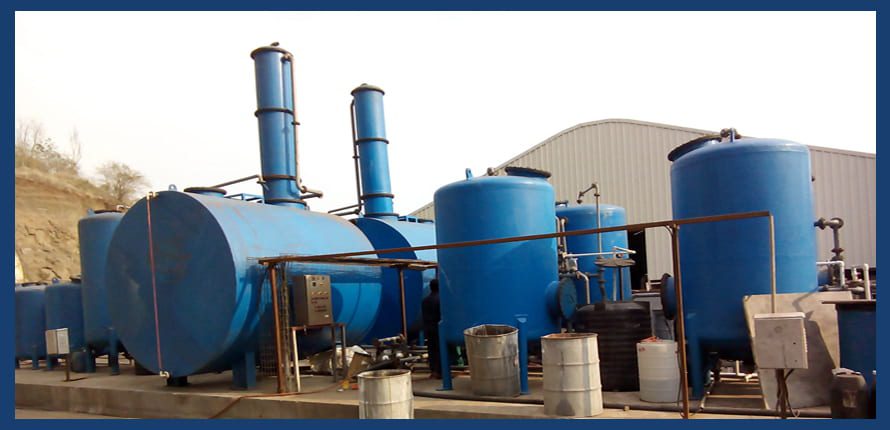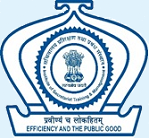

DM Water Plant
DM (demineralised) water plants are systems used to carry out industrial water treatment. To be more precise, the DM plant remove dissolved solids or minerals from process streams and feed water.
Demineralised water or deionised water is water devoid of its mineral ions. Water in its natural form typically contains mineral ions like anions (sulphate, chloride, nitrate, etc.) and cations (iron, calcium, sodium, copper, etc.).
The main purpose for which a DM plant is used is preventing metal oxidation and scale formation.
DM PLANT PROCESS
As mentioned above, the salts and minerals present in water carry negatively charged ions called anions and positively charged ions called cations. Both these types get attracted by their counterions i.e. ions carrying the opposite charge.
These plants feature an IX column containing resins that consist of plastic beads. During the process of demineralisation, the ionic functional group gets attached to these beads. These are functional groups that work by holding the ions carrying the opposite charge loosely through a process called mutual electrostatic attraction.
When an ion-exchange cycle is underway, water containing dissolved ions comes in contact with the resin. Ions present in the solution exchange their place with those present on the beads. These ions remain attached to the functional groups of the resins even when the resulting liquid gets drained away. Ion exchange occurs when an ion possesses a greater affinity towards a functional group than the ions the group already carries. The type of ionic contaminants found in the group will decide whether the process would need cationic resins or anionic resins.
In most ion-exchange reactions, the exchange replaces the contaminant ions with less objectionable ions. For instance, the ion exchange sodium softening process is carried out to eliminate hardness ions like Mg2+ or Ca2+ from the solution and replace them with less harmful sodium ions or Na+. Once the process is over, the solution will have little or no hardness but will have a higher concentration of Na+.
The above changes are acceptable for certain applications. However, some procedures require almost 100% removal of the dissolved solids. This makes DM plants such important additions to facilities requiring complete removal of these unwanted solids. A DM plant exchanges cations in feed water with hydrogen ions and anions get exchanged with hydroxyl ions. This results in the formation of water. Most plants come with a mixed bed or two-bed configuration. Read on to know about them.
TWO-BED ION EXCHANGE:
A dual bed or two-bed ion exchanger use two (or more) ion-exchange columns or resin beds for treating a stream. Each of these beds contains a different ion exchange resin. During two-bed demineralisation, a SAC or strong acid cation resin is used for treating a stream. This helps in capturing the cations dissolved in the water and enables the release of hydrogen ions.
The mineral acid solution you will get as a result will automatically get directed towards the SBA or strong base anion resin bed. When treated in the second resin bed, the DM plant will remove all the anionic contaminants present in the solution and result in the release of hydroxide ions. The combination of these hydroxide ions and the existing hydrogen ions will result in the formation of water.
The TDS of the stream thus forms will become low. What’s more, the water will also have an almost neutral pH. However, there’s one issue you must be careful about; dual bed units usually result in sodium leakage, which may affect the water quality. You should be extra cautious when demineralising streams with low pH and/or high TDS.










